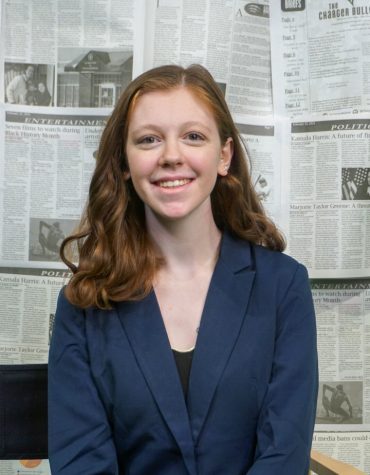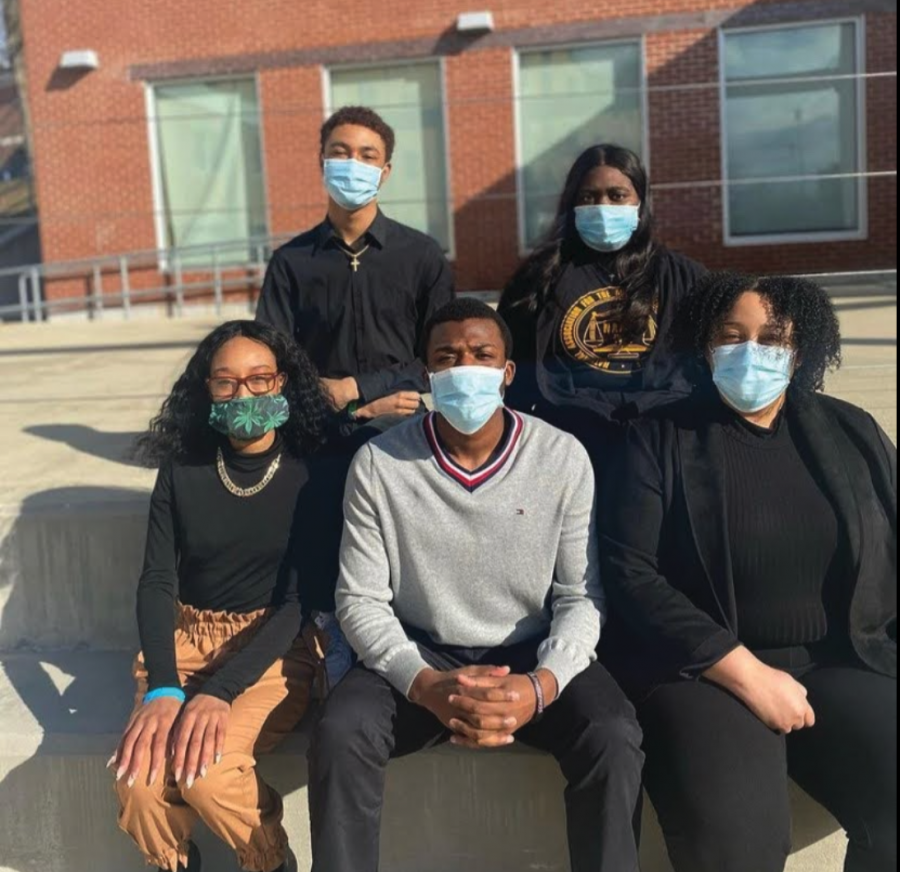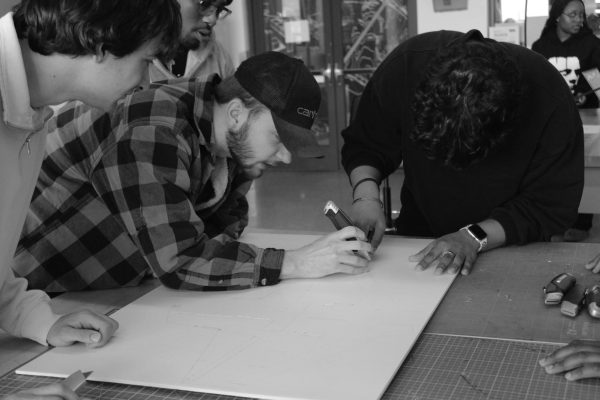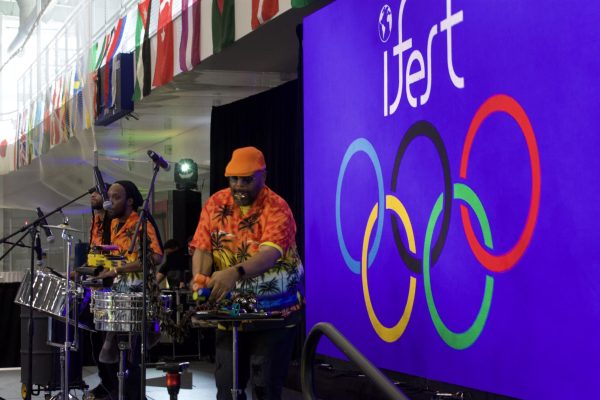University NAACP continues to educate on campus
Since its establishment 121 years ago, the National Association for the Advancement of Colored People (NAACP) remains America’s largest civil rights activist organization, expanding by over 2,200 branches, including a chapter at the University of New Haven.
The university’s chapter continuously participates in community service and holds weekly events that tackle crucial topics, such as poverty in New Haven, Black justice, Black history and more.
Senior political science major and the university’s NAACP president Jordan Harris has been involved with NAACP since his freshman year. Harris has witnessed and contributed to the growth of the organization. He said that the club has become more diverse, creative and that other organizations on campus, such as the Undergraduate Student Government Association (USGA), have become more involved. Harris feels that now more than ever, NAACP is being recognized and respected on campus.
Not only does the NAACP spark important conversation and action, but to some, it also acts as a haven and a voice for its members.
“What made me involved was the fact that it was a Black community. That it was a safe Black community for me to speak my mind and also, learn more about who I am and where I come, and where my community comes from,” said treasurer Kaela Bazemore, senior criminal justice major. “It’s more like a very comfortable safe haven.”
“I have gotten better in being more confident in myself and speaking my mind on racial issues, not just with Black people, but all people of color,” said freshman industrial and systems engineering major Aaron Brooks, NAACP’s executive assistant.
Multiple members of the 2020-2021 NAACP executive board (e-board) said that their initial reaction to the chapter was that it fostered an inclusive, encouraging atmosphere. This prompted them to continue attending meetings and to eventually run for sports on the e-board.
Senior forensics biology major and vice president of the university’s NAACP chapter Jennifer Edwards said that even before she chose which college to attend, she knew she wanted to join an NAACP chapter. Although she said that she was intimated at first, members of the organization were always welcoming and finding different ways to engage with incoming students. Edwards said that this is what led her to become vice president.
“[NAACP] has made me more self-aware and conscious of what type of person I am. What I do and say has an impact on others,” said Edwards. “No matter if you are Black or if you are of any identity, it really made me be more motivated to get involved.”
“I ended up joining the e-board and meeting wonderful Black excellence people, who prove that it is reachable for you to obtain,” said Bazemore. “It has affected me as a person because I see the world differently now. It’s almost as if I step out of myself and see the Black community as a whole.”
Public relations chair and junior international affairs major Destiny-Jenkins Rubins said that she ran for e-board because she wanted to become better at speaking up for herself and others. Rubins said that being active in NAACP has helped to raise her confidence, and has provided her with an opportunity to better connect with her Black peers.
“Being able to speak to people of color and get their experiences and my experiences and be able to relate them,” said Rubins, “it made me happier because I knew I wasn’t going through it alone.”
Rubins and the other e-board members are not the only students on campus who find solace in NAACP. According to Edwards, even in the pandemic, when student organizations are having difficulty getting attendance for virtual events, the numbers are only rising for NAACP. So far this year, attendance at their events this year typically ranges from 30-80 members.
On Feb. 9, over 70 participants attended one of their recent Black History Month events: “White Washing of Black History,” featuring alumni and former NAACP president Es-pranza Humphrey as a guest speaker. The Zoom presentation centered around whitewashing of Black culture and people, especially Black women, and the impact it has had throughout history and still today. Their most recent event, “Disparities in the Healthcare Field for Black Women” was held on Feb. 16 and brought in over 40 participants.
“We didn’t even need a budget, and we’d still have an impact on campus so great that it spoke for itself,” said Edwards.
Students can follow NAACP on Instagram @unhnaacp and visit Charger Connection to find out more about what events are happening on campus.

Beth Beaudry is a senior majoring in communication with a double concentration in journalism and public relations, and a minor in English. This is her...











